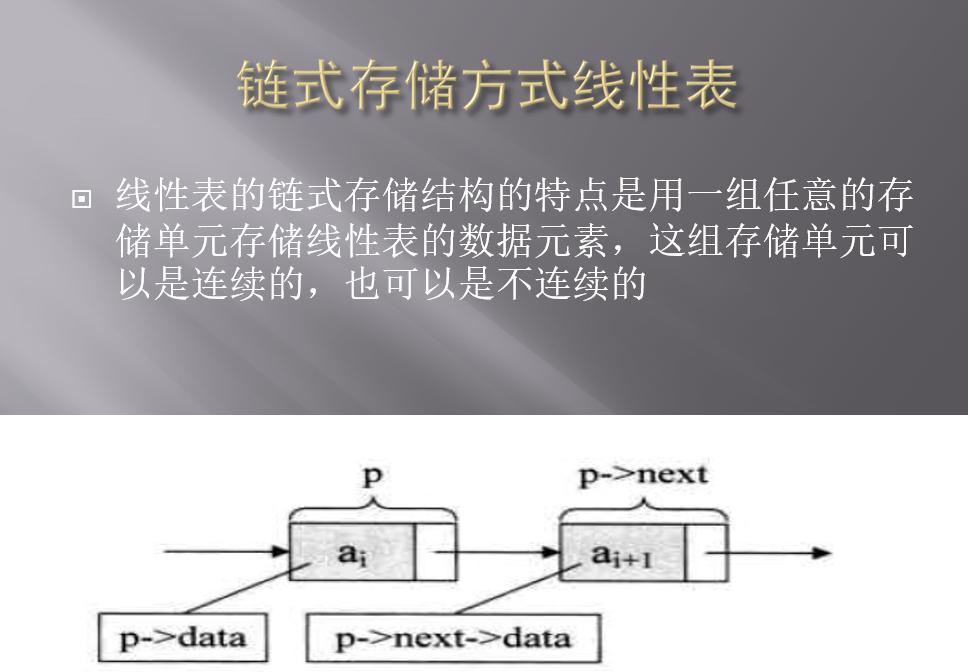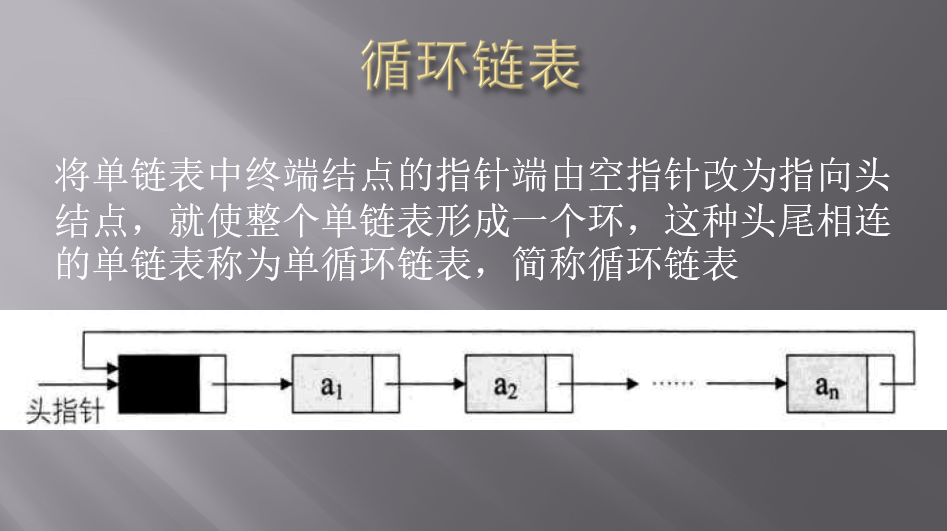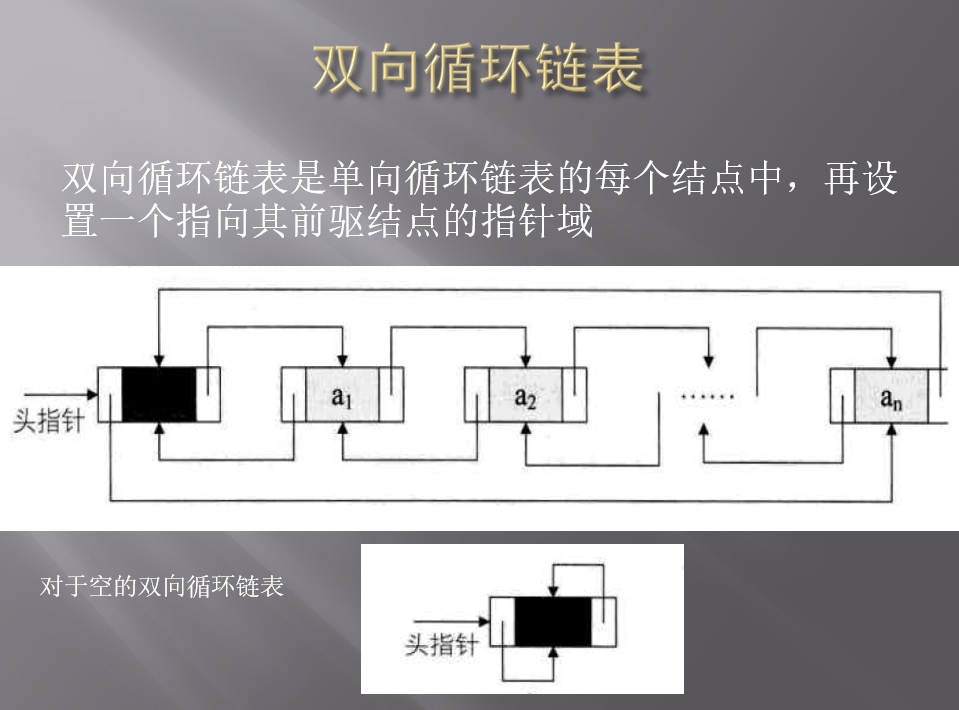ArrayList:
public class ArrayList<E> extends AbstractList<E> implements List<E>, RandomAccess, Cloneable, java.io.Serializable { private static final long serialVersionUID = 8683452581122892189L; /** * Default initial capacity. */ private static final int DEFAULT_CAPACITY = 10; /** * Shared empty array instance used for empty instances. */ private static final Object[] EMPTY_ELEMENTDATA = {}; /** * Shared empty array instance used for default sized empty instances. We * distinguish this from EMPTY_ELEMENTDATA to know how much to inflate when * first element is added. */ private static final Object[] DEFAULTCAPACITY_EMPTY_ELEMENTDATA = {}; /** * The array buffer into which the elements of the ArrayList are stored. * The capacity of the ArrayList is the length of this array buffer. Any * empty ArrayList with elementData == DEFAULTCAPACITY_EMPTY_ELEMENTDATA * will be expanded to DEFAULT_CAPACITY when the first element is added. */ transient Object[] elementData; // non-private to simplify nested class access /** * The size of the ArrayList (the number of elements it contains). * * @serial */ private int size; /** * Constructs an empty list with the specified initial capacity. * * @param initialCapacity the initial capacity of the list * @throws IllegalArgumentException if the specified initial capacity * is negative */ public ArrayList(int initialCapacity) { if (initialCapacity > 0) { this.elementData = new Object[initialCapacity]; } else if (initialCapacity == 0) { this.elementData = EMPTY_ELEMENTDATA; } else { throw new IllegalArgumentException("Illegal Capacity: "+ initialCapacity); } } /** * Constructs an empty list with an initial capacity of ten. */ public ArrayList() { this.elementData = DEFAULTCAPACITY_EMPTY_ELEMENTDATA; } /** * Constructs a list containing the elements of the specified * collection, in the order they are returned by the collection's * iterator. * * @param c the collection whose elements are to be placed into this list * @throws NullPointerException if the specified collection is null */ public ArrayList(Collection<? extends E> c) { elementData = c.toArray(); if ((size = elementData.length) != 0) { // c.toArray might (incorrectly) not return Object[] (see 6260652) if (elementData.getClass() != Object[].class) elementData = Arrays.copyOf(elementData, size, Object[].class); } else { // replace with empty array. this.elementData = EMPTY_ELEMENTDATA; } } /** * Appends the specified element to the end of this list. * * @param e element to be appended to this list * @return <tt>true</tt> (as specified by {@link Collection#add}) */ public boolean add(E e) { ensureCapacityInternal(size + 1); // Increments modCount!! elementData[size++] = e; return true; } private void ensureCapacityInternal(int minCapacity) { ensureExplicitCapacity(calculateCapacity(elementData, minCapacity)); } private void ensureExplicitCapacity(int minCapacity) { modCount++; // overflow-conscious code if (minCapacity - elementData.length > 0) grow(minCapacity); } /** * Increases the capacity to ensure that it can hold at least the * number of elements specified by the minimum capacity argument. * * @param minCapacity the desired minimum capacity */ private void grow(int minCapacity) { // overflow-conscious code int oldCapacity = elementData.length; int newCapacity = oldCapacity + (oldCapacity >> 1); if (newCapacity - minCapacity < 0) newCapacity = minCapacity; if (newCapacity - MAX_ARRAY_SIZE > 0) newCapacity = hugeCapacity(minCapacity); // minCapacity is usually close to size, so this is a win: elementData = Arrays.copyOf(elementData, newCapacity); }

LinkedList:
public class LinkedList<E> extends AbstractSequentialList<E> implements List<E>, Deque<E>, Cloneable, java.io.Serializable { transient int size = 0; /** * Pointer to first node. * Invariant: (first == null && last == null) || * (first.prev == null && first.item != null) */ transient Node<E> first; /** * Pointer to last node. * Invariant: (first == null && last == null) || * (last.next == null && last.item != null) */ transient Node<E> last; private static class Node<E> { E item; Node<E> next; Node<E> prev; Node(Node<E> prev, E element, Node<E> next) { this.item = element; this.next = next; this.prev = prev; } } public boolean add(E e) { linkLast(e); return true; } /** * Links e as last element. */ void linkLast(E e) { final Node<E> l = last; final Node<E> newNode = new Node<>(l, e, null); last = newNode; if (l == null) first = newNode; else l.next = newNode; size++; modCount++; }



LinkedHashMap:
public class LinkedHashMap<K,V> extends HashMap<K,V> implements Map<K,V> { /* * Implementation note. A previous version of this class was * internally structured a little differently. Because superclass * HashMap now uses trees for some of its nodes, class * LinkedHashMap.Entry is now treated as intermediary node class * that can also be converted to tree form. The name of this * class, LinkedHashMap.Entry, is confusing in several ways in its * current context, but cannot be changed. Otherwise, even though * it is not exported outside this package, some existing source * code is known to have relied on a symbol resolution corner case * rule in calls to removeEldestEntry that suppressed compilation * errors due to ambiguous usages. So, we keep the name to * preserve unmodified compilability. * * The changes in node classes also require using two fields * (head, tail) rather than a pointer to a header node to maintain * the doubly-linked before/after list. This class also * previously used a different style of callback methods upon * access, insertion, and removal. */ /** * HashMap.Node subclass for normal LinkedHashMap entries. */ static class Entry<K,V> extends HashMap.Node<K,V> { Entry<K,V> before, after; Entry(int hash, K key, V value, Node<K,V> next) { super(hash, key, value, next); } } private static final long serialVersionUID = 3801124242820219131L; /** * The head (eldest) of the doubly linked list. */ transient LinkedHashMap.Entry<K,V> head; /** * The tail (youngest) of the doubly linked list. */ transient LinkedHashMap.Entry<K,V> tail; /** * The iteration ordering method for this linked hash map: <tt>true</tt> * for access-order, <tt>false</tt> for insertion-order. * * @serial */ final boolean accessOrder; // internal utilities // link at the end of list private void linkNodeLast(LinkedHashMap.Entry<K,V> p) { LinkedHashMap.Entry<K,V> last = tail; tail = p; if (last == null) head = p; else { p.before = last; last.after = p; } } // apply src's links to dst private void transferLinks(LinkedHashMap.Entry<K,V> src, LinkedHashMap.Entry<K,V> dst) { LinkedHashMap.Entry<K,V> b = dst.before = src.before; LinkedHashMap.Entry<K,V> a = dst.after = src.after; if (b == null) head = dst; else b.after = dst; if (a == null) tail = dst; else a.before = dst; }